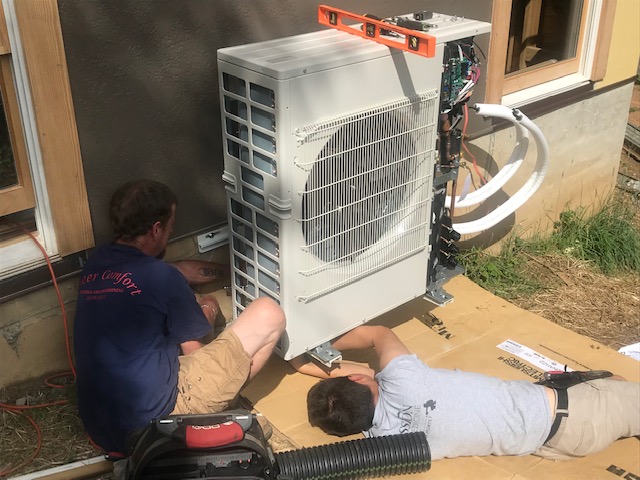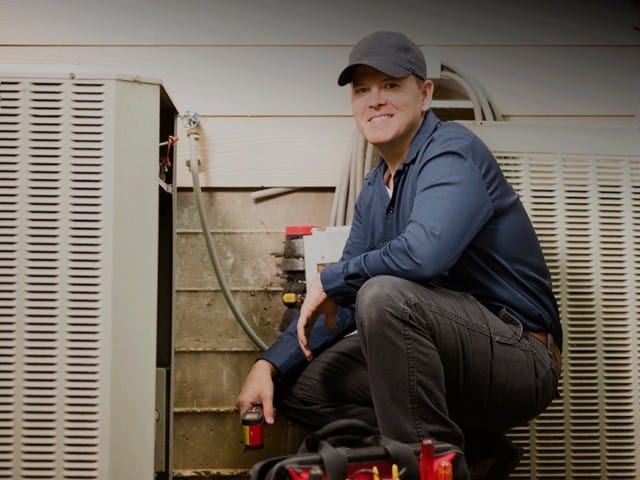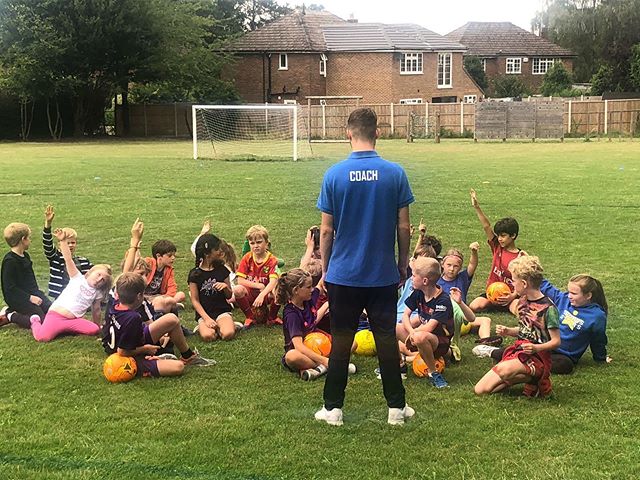Air conditioning systems are essential for maintaining comfort in homes, especially during the sweltering summer months. When an air conditioner malfunctions, it can lead to significant discomfort and inconvenience. As a homeowner, you might be tempted to tackle the repairs yourself to save money, but knowing when to handle the situation and when to call a professional is crucial for both your safety and the longevity of your HVAC system. This guide will help you determine when DIY repairs are feasible and when it’s best to seek professional help.
Common Air Conditioning Problems You Can Fix Yourself
- Dirty Air Filters One of the most common and easily fixable issues is a dirty air filter. Air filters trap dust, pollen, and other debris to keep your indoor air clean and ensure proper airflow through the system. Over time, these filters can become clogged, leading to reduced efficiency and potential system failures. Replacing or cleaning the air filter is a straightforward DIY task. Check your manufacturer’s instructions for the recommended filter type and replacement schedule.
- Tripped Circuit Breaker If your air conditioner suddenly stops working, a tripped circuit breaker might be the culprit. This can happen if the system is drawing more power than usual or if there’s a temporary electrical issue. Locate your breaker panel, find the circuit labeled for the AC unit, and reset it. If the breaker trips again, there might be a more significant electrical problem requiring professional attention.
- Thermostat Issues Sometimes, the issue may be as simple as a malfunctioning thermostat. Ensure the thermostat is set to “cool” and the temperature is set lower than the current room temperature. If the thermostat is battery-operated, replacing the batteries might solve the problem. Additionally, check if the thermostat is properly calibrated. If it’s not, you might need to adjust its settings or recalibrate it according to the manufacturer’s instructions.
- Blocked Condenser Coils The condenser coils, located in the outdoor unit, can get blocked by leaves, dirt, or other debris. This obstruction can cause the system to overheat or work inefficiently. Gently remove any debris from around the coils and use a garden hose to rinse them off. Be careful not to use high pressure, as this can damage the coils.
- Clogged Drain Line Air conditioners have a drain line that carries away the moisture collected during the cooling process. Over time, this line can become clogged with algae or dirt, causing water to back up and potentially leading to water damage. You can clear a clogged drain line by using a wet/dry vacuum to suction out the blockage or by using a plumber’s snake to dislodge it.
When to Call a Professional
- Refrigerant Leaks Refrigerant is essential for the cooling process in an air conditioner. If your system is low on refrigerant, it could indicate a leak. Refrigerant handling requires specialized equipment and knowledge, and improper handling can lead to environmental harm or damage to your system. A certified HVAC technician can locate and repair leaks and recharge the refrigerant to the correct levels.
- Electrical Issues If you encounter persistent electrical problems, such as frequent tripped breakers or unusual noises, it’s best to call a professional. Electrical components, such as capacitors, contactors, and wiring, require expertise to diagnose and repair safely. Electrical issues can pose serious risks, including fire hazards, if not addressed properly.
- Compressor Problems The compressor is a crucial component of your air conditioning system, responsible for circulating refrigerant and maintaining pressure. If the compressor fails, it can lead to complete system breakdown. Diagnosing and repairing compressor issues requires specialized knowledge and tools, making it a job for a professional.
- Poor Airflow or Inconsistent Cooling If you notice uneven cooling or weak airflow, there might be issues with the ductwork, blower fan, or other internal components. These problems can be complex and may require professional diagnostic tools to identify and fix. A technician can assess the system and make necessary repairs to ensure optimal performance.
- System Age and Complexity Older air conditioning systems or those with advanced features may be more complicated to repair. If your system is approaching or has exceeded its expected lifespan, it’s often more cost-effective to consult a professional for repairs or consider replacement options. An expert can provide a thorough evaluation and recommend the best course of action.

Safety Considerations
Regardless of the issue, safety should always be your top priority. When working on your air conditioning system:
- Turn Off Power: Always turn off the power to the unit before attempting any repairs to avoid electrical shock or injury.
- Use Proper Tools: Ensure you use the correct tools and follow safety guidelines to prevent accidents or damage to your system.
- Consult Manufacturer’s Instructions: Refer to your system’s manual for specific maintenance and repair guidelines.
Conclusion
DIY ac repair can be a cost-effective way to address minor issues and maintain your system’s efficiency. However, recognizing when a problem is beyond your expertise and requires professional intervention is crucial. By understanding the common issues you can handle yourself and knowing when to call in a professional, you can ensure your air conditioning system remains in good working order and continue to keep your home comfortable throughout the year.
If you’re ever in doubt, don’t hesitate to reach out to a certified HVAC technician. Their expertise can help prevent further damage and ensure your system operates safely and efficiently.





